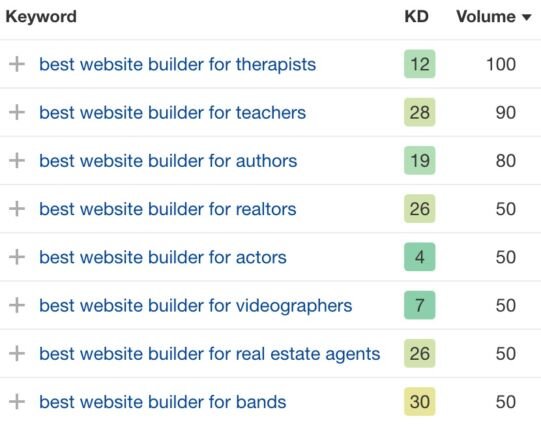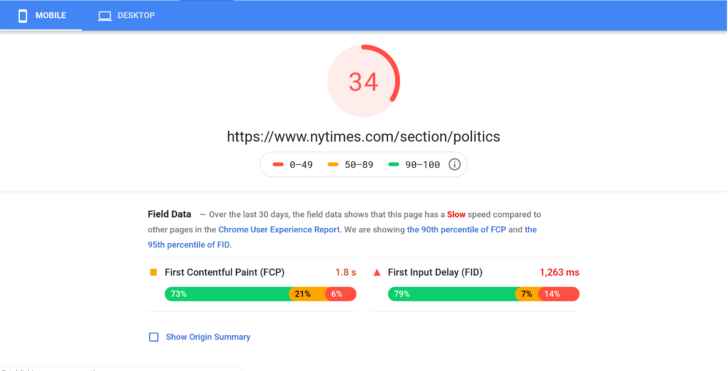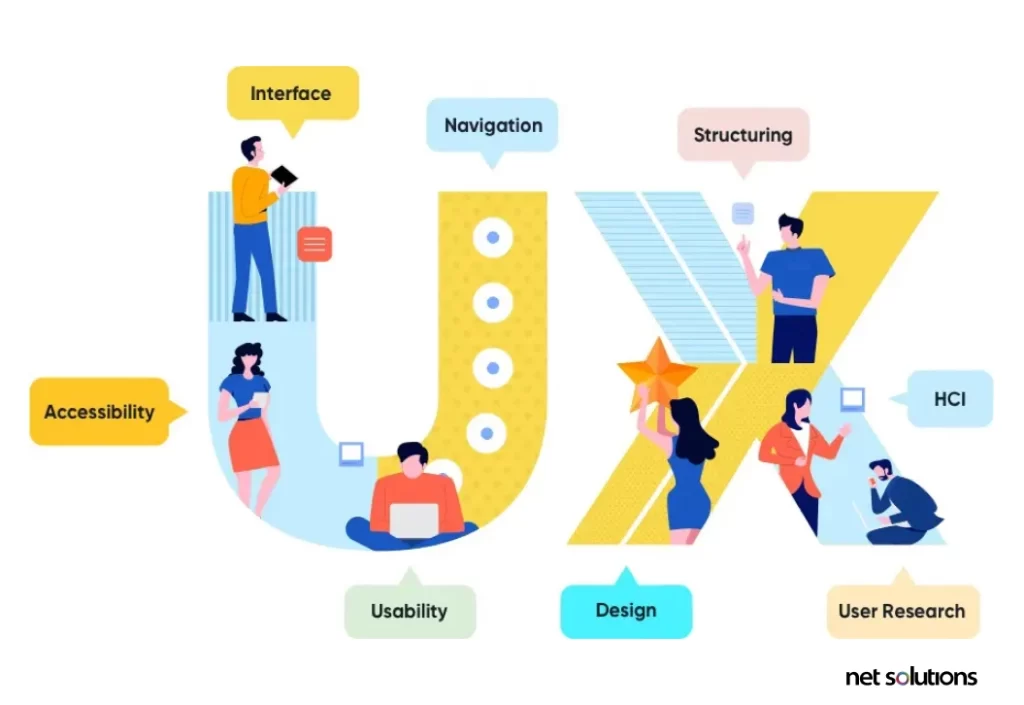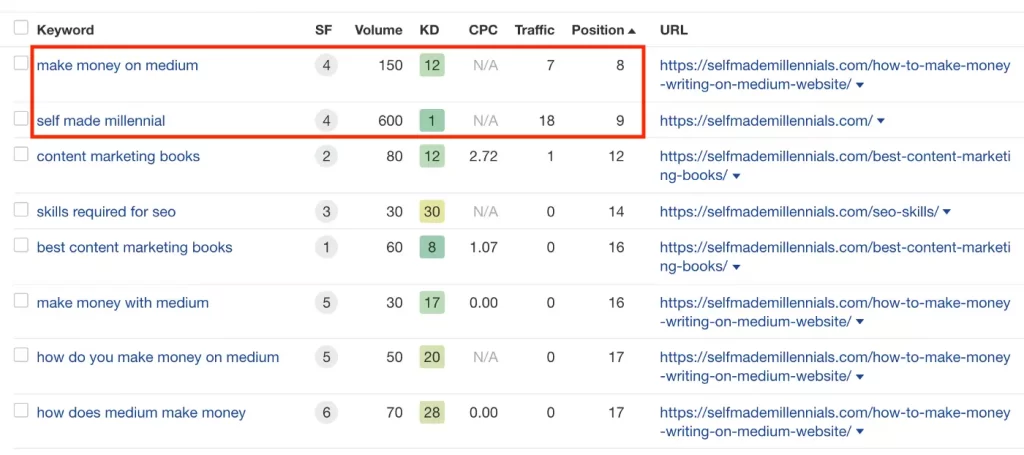Link building is intrinsically linked to improving keyword ranking; however, it is not the only way to achieve better rankings. A common misconception is that the only option is link building; here are effective strategies to increase keyword ranking without link building.
Improve On-Page Optimization
This includes optimizing elements on the website such as title tags, meta descriptions, header tags, and content. By optimizing these elements, search engines are intimated that the content is related to a particular domain, and this increases the relevance of the website for specific keywords.
Focus on High-Quality Content
The creation of high-quality content that is engaging, informative, and relevant to the audience is key to improving keyword ranking. By providing value to audiences, it is possible to attract more traffic to the website and increase the likelihood that visitors will engage with the content.
Use Long-Tail Keywords
These are more specific in nature and longer phrases are usually less competitive than broader keywords. By focusing on long-tail keywords, it is possible to target a specific audience and increase the relevance of content for specific search queries.

Utilize Social Media
Social media is a powerful tool for increasing keyword ranking. By sharing content on social media, it is possible to attract more traffic to the website and increase the visibility of content. Additionally, social media activity can also send signals to search engines that the content is relevant to a specific domain.
Optimize for Mobile
Mobile first for browsing the internet, makes it essential to optimize websites for mobile devices. By providing a positive user experience on mobile devices, it is easier to increase the likelihood that visitors will engage with the content and improve keyword ranking.
Analyze Competitors
This can provide insights into strategies that are working with results in the industry. By identifying keywords used by competitors that are ranking well, it is possible to create content targeted at those keywords. This will in turn increase the chances of ranking better.
Focus on User Experience
A good user experience is essential to keep visitors engaged and to encourage return. Search engines recognize this and prioritize sites that have a good UX. Some ways to improve UX include improving site speed, ensuring that the site is easy to navigate, mobile-friendly, with clear and concise language.
Optimize for Local Search
For businesses targeting local audiences, optimizing for local search is essential. This includes adding location information to the website, registering with Google My Business, creating local content, and acquiring local backlinks.
Utilize Schema Markup
Schema markup is a code that can be added to a website; this helps search engines to understand the content better. It can improve a site’s visibility and help it rank higher in search engine results pages.
Use Internal Linking
Internal linking is the process of linking to pages within a website. This can help visitors to navigate the site and can help search engines to understand the hierarchy of content in a site.
Though link building is an important factor in keyword ranking, the right strategies can improve website’s online visibility and attract more traffic without backlinks. Improving a site’s ranking through methods other than link building requires patience and commitment. Results may not be visible overnight, but will eventually be seen with the right efforts.
What Is The Impact Of Page Speed On Site Rankings?
Page speed is a critical factor that affects site rankings. Search engines have evolved and have increasingly prioritized the user experience, with page speed playing a significant role in the experience. A slow-loading website can negatively impact user experience, leading to high bounce rates and lower engagement, which in turn can harm the site’s ranking. Page speed affects search engine rankings in several ways, including the following.

User Experience
As mentioned earlier, page speed is a significant factor in user experience. Visitors expect a fast-loading website, and pages that take too long to load may push the visitor to leave and look for a faster site. This results in a high bounce rate, which can impact a site’s ranking negatively.
Crawling and Indexing
Search engines use bots to crawl and index web pages. Slow-loading pages make it difficult for bots to crawl and index a website’s pages, which can result in incomplete indexing and impact the site’s ranking.
Mobile Search
With more users accessing the internet through mobile devices, mobile-friendliness has become a crucial factor in ranking. Mobile devices often have slower internet connections than desktops, and as a result, page speed is even more critical for mobile users.
Algorithm Updates
Search engines continuously update their algorithms to provide better results for users. Page speed has become an important factor in these updates, and slow-loading pages can be penalized in search results.
Page speed is critically important in site rankings. Site owners are to prioritize optimizing site’s page speed to improve user experience and maintain ranking in search results.
What Is The Impact Of AMP On Site Rankings?
AMP (Accelerated Mobile Pages) is an open-source initiative backed by Google, designed to improve the performance and speed of mobile web pages. Pages that have been optimized for AMP load much faster on mobile devices than standard mobile pages, making the pages more user-friendly. While AMP is not a direct ranking factor, there are several ways in which this can impact site rankings, outlined below:
Improved User Experience
AMP pages load much faster than standard mobile pages, which can improve the user experience. A fast-loading page is likely to keep users on the site longer, reducing the bounce rate, and improving engagement metrics, which can indirectly impact a site’s ranking.

Higher Visibility in Mobile Search Results
Google prioritizes mobile-friendly sites in mobile search results. Since AMP pages are optimized for mobile devices and load quickly, they can appear higher in search results for mobile users, potentially increasing the visibility and traffic of a site.
Increased Click-Through Rates
Since AMP pages load quickly, they are more likely to be clicked on by users in mobile search results. Higher click-through rates can increase traffic to a site, potentially improving a site’s ranking.
Potential for Google Features
Google offers several features that can be displayed on AMP pages, such as top stories, carousel, and rich snippets. A site that has AMP pages, may be eligible to appear in these features, increasing visibility and traffic to the site.
Though AMP is not a direct ranking factor, it can impact site rankings and site owners are to optimize pages to increase visibility and traffic, ultimately improving rankings.

